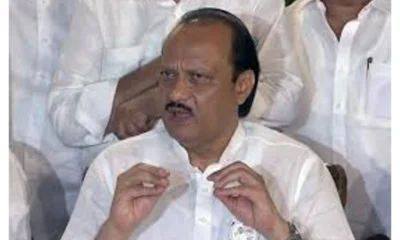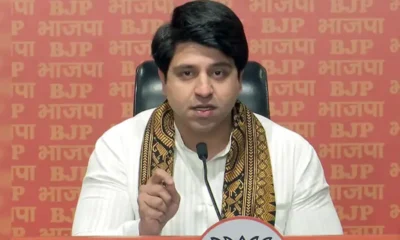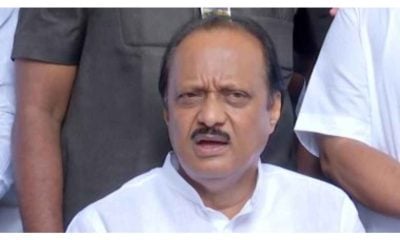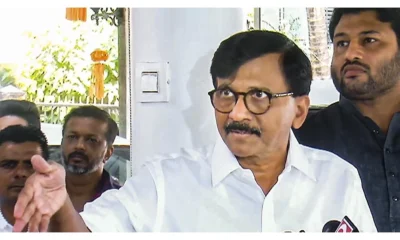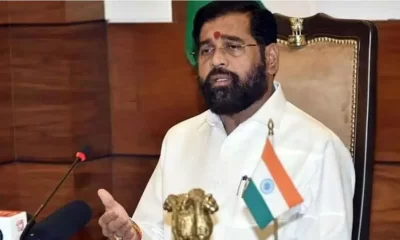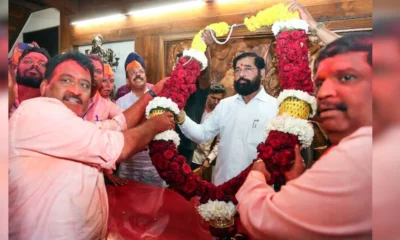On Thursday, a constitution bench of the Supreme Court headed by Chief Justice of India DY Chandrachud pronounced its verdict on the petitions filed by both Uddhav Thackeray faction and Eknath Shinde faction in regards to the rebellion by Shinde last year that resulted to split of Shiv Sena and him ruling the state allying with the BJP.
The bench along Justice Chandrachud included Justices MR Shah, Krishna Murari, Hima Kohli and PS Narasimha.
Here’s all you need to know about today’s verdict–
CJI said cannot quash resignation
CJI Chandrachud ruled the bench cannot quash the resignation of Uddhav Thackeray from the CM post as he did not face floor test, Status quo ante cannot be restored as Thackeray resigned.
CJI ruled that the erstwhile Maha Vikas Aghadi government in Maharashtra cannot be restored due to the resignation.
During the rebellion episode last year, the Shinde camp approached then Maharashtra Governor Bhagat Singh Koshiyari citing life threats after which Koshiyari asked Thackeray to call for a trust vote but just before it could take place, Thackeray resigned.
Read Also: Delhi govt vs Centre: Elected government has power over services, L-G duty-bound to comply, says Supreme Court
Bench on Governor’s role
The bench ruled that the Governor has no role to play in any intra party to inter party disputes and is not entitled to jump into political matters.
The bench also ruled that the Governor is ought not to act on the basis that some members want to leave a party (referring to action taken by Koshiyari when Shinde along other leaders wished to leave Shiv Sena expressing their dissatisfaction).
The bench in its verdict talking about the decision taken by Koshiyari to call for floor test, said he should not have done it relying on the security concerns raised by Shinde group and that he is ought not to take a decision on a letter that states that Thackeray has lost the majority.
The bench ruled that that Governor has no power in its hands to say that ruling government has lost the majority count.
On the speaker’s role of disqualification of MLAs
Chief Justice Chandrachud on the role of speaker in disqualification of MLAs said, the matter has been refereed to a larger bench.
The Shinde Camp last year raised a no-confidence motion against then deputy speaker of the house who issued disqualification notice to the rebel MLAs.
In a petition filed by Shinde faction, it raised questions over the power of a assembly Speaker to consider disqualification proceedings as the 2016 Nabam Rebia judgment of a five-judge bench pronounced a verdict that a Speaker cannot consider such proceedings if any no- confidence motions against him/her are pending before the House.
Stalin govt files defamation suit against Tamil Nadu BJP chief
Nearly a dozen army school shut down in Jammu after intel of terror attack, high alert issued


